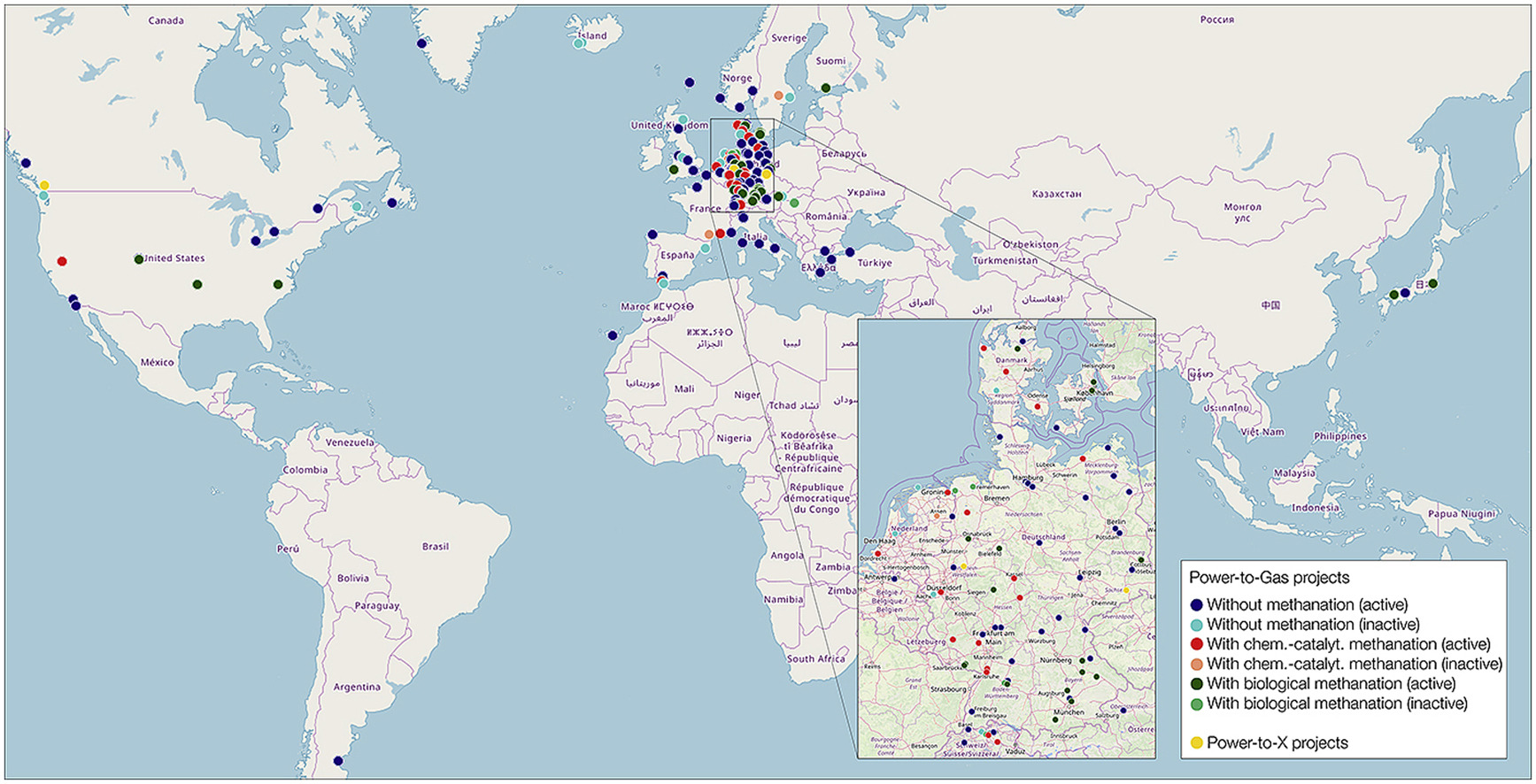Norway was the first of ten countries to legislate gender quotas for boards of publicly traded firms. There is considerable debate and mixed evidence concerning the implications of female board representation. In this paper, we explain the main sources of biases in the existing literature on the effects of women directors on firm performance and review methods to account for these biases.
International Built Environment Week (IBEW), to be held from 3 to 6 September 2019, is the most comprehensive event in Asia Pacific on the built environment. IBEW 2019 will feature 4 co-located tradeshows showcasing the latest innovations and industry solutions: BEX Asia covering the integrated design and planning space, Innobuild (IB) Asia focusing on construction 4.0, Mostra-Convegno Expocomfort (MCE) Asia zooming in on energy efficient solutions and renewable energy and Smart Cities and Buildings (SCB) Asia featuring the latest advances in urban solutions and smart cities.
Irrigation management may influence soil greenhouse gas emissions (GHG). Solid-set sprinkler irrigation systems allow to modify the irrigation time and frequency. The objective of this study was to quantify the effect of two irrigation times (daytime, D; nighttime, N)and two irrigation frequencies (low, L; high, H)on soil carbon dioxide (CO2), methane (CH4), and nitrous oxide (N2O)emissions in a solid-set sprinkler-irrigated maize (Zea mays L.)field located in NE Spain during 2015 and 2016 growing seasons and the fallow period between growing seasons.


